Helping Teens Tune-In to Their Common Sense
Teenagers are often interested in anything to do with their own development, physiology and behavior. This is especially true of the brain, since most teens know that the brain doesn’t fully develop until age 24 or 25. The frontal lobe, the part of the brain responsible for executive decision-making (or discretionary thinking) is the last to develop.
The developing brain is a fascinating tool to use with teens who are immersed in a life stage where friendships and peers matter most, but where the ability to make good choices is compromised. The good news is that most teens are aware of the missing frontal lobe, especially as it concerns the behavior of other teens. And why most adults have heard teens complain about the choices they see their friends making.
Helping young people recognize the role of the frontal lobe and the challenges that they themselves, along with their peers, face as a result, helps them approach these challenges differently.
When it comes to sexual ethics, it’s important for teens to remember that they are the only person capable of making choices based on their own best interest.
Peer pressure is a significant force for teens. Acknowledging that the peers doing the “pressuring” are functioning with the same compromised decision-making capacity, helps teens listen to the intuitive signals around what choice is best for them. And teens are fully capable of making the choices that work for them; IF they listen to their gut rather than the manipulating forces they face in the moment.
For example, let’s say there is a group of teens bent on “canceling” another teen. (Cancel culture refers to the practice of mass shaming that often occurs on social media platforms such as twitter, instagram or facebook.) The type of social rejection that accompanies cancel behavior, can be devastating for young people, and is a form of bullying on the rise among teens.
This pretend group of young people are pressuring your student or child to join in the cancel behavior. Your teen has a difficult choice to make in the moment. Their fear brain (known as the limbic system, or reptile brain) was formed in early childhood. As a result, your teen will be well aware of the fear involved in making this decision. “Will I lose all my friends?” says the fear brain. “Will they cancel me too if I don’t go along with it?”
Only by connecting to their intuition, and the commonsense influence of their yet-to-be-formed frontal lobe, can teens determine what choice works for them. As with everything involved in this life stage, there will be teens who have an easy time knowing what their commonsense brain would say. For others, the process is more difficult. This is where adults can engage in the kind of open, non-judgmental conversations that get teens thinking about how they would overcome the messages of the fear brain, in order to access the wisdom of their commonsense.
Here Are Some Questions Teens Can Ask Themselves When Faced with Peer Pressure:
Does the behavior I’m being encouraged to participate in serve me or not?
Is this behavior serving my friends who are pressuring me, or is there an ulterior motive like they want to impress others?
What does my gut instinct tell me about participating in this behavior?
Would my future self be proud of this behavior if I do participate in it?
If I have a sense that saying no is the right thing, how might I feel later if I do the right thing?
At Be Strong, Be Wise, we base our courses around the fundamental integrity in each human life, regardless of age. Our classes are filled with reflective questions such as these that help teens connect to their own sense of integrity, compassion and commonsense. If interested in more information about our sexual ethics and assault awareness class for youth, visit our programs for youth page.

